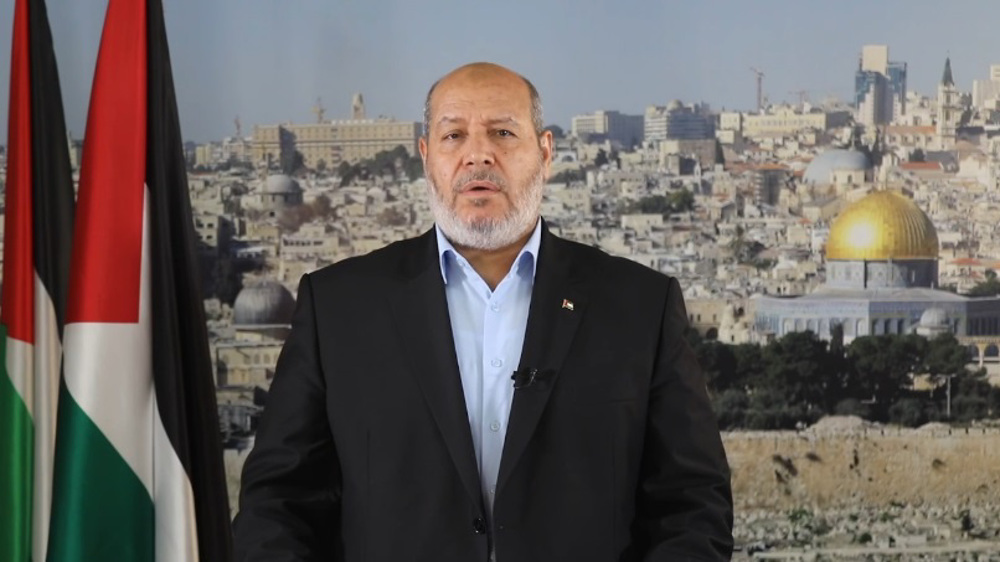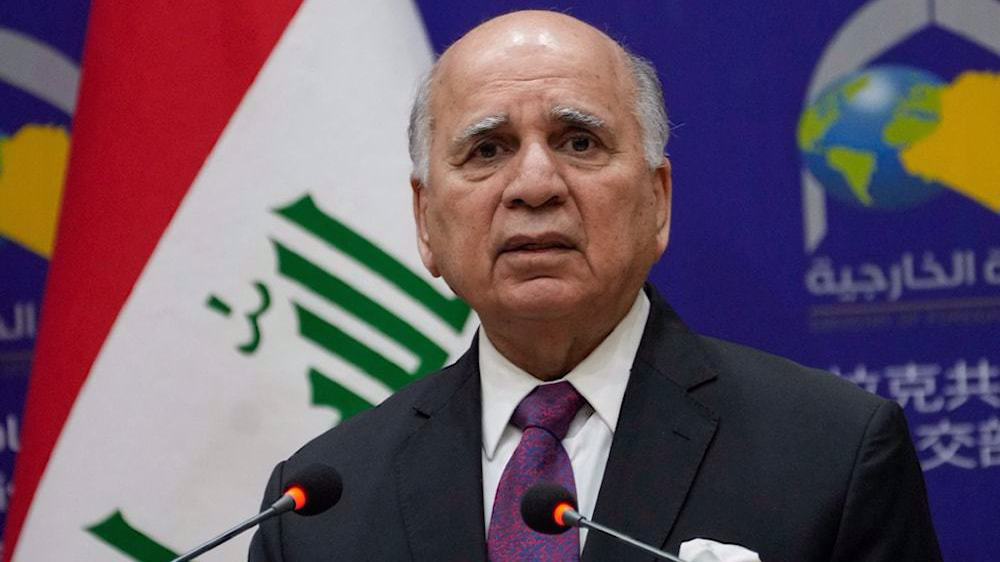Mass grave with Kurdish Anfal victims found in southern Iraq
A mass grave has been discovered by local authorities in the southern Iraqi province of al-Muthanna containing the bodies of people believed to have been killed during the former Ba’athist regime’s deadly Anfal campaign against the Kurds three decades ago.
The grave was found in the desert about 170 kilometers (106 miles) west of the city of Samawa, and is estimated to contain up to 200 bodies.
“Initial indications have shown that it contains the honorable Anfal [victims] of Kurdistan,” Kurdistan Region Deputy Prime Minister Qubad Talabani said in a post published on his official Facebook page on Saturday night.
Farqan Sahib, a volunteer working at the site of the discovery, told Kurdish-language Rudaw television news network that he had seen the remains of a mother with “a baby in her arms and another next to her.”
Attending the unearthing of the mass grave on Sunday, Iraqi President Barham Salih said Iraq must never forget Saddam Hussein's crimes or allow his party to return.

“He killed them because they did not accept the continuation of this regime, because they wanted to live a free and dignified life," Salih said, adding, “He brought them to Samawa to bury them, but our people in Samawa embraced them.”
“The new Iraq must never forget these crimes that were committed against Iraqi people from all groups.”
There are reports that at least 182,000 Kurds were systematically executed by Saddam Hussein’s Ba’ath regime in the late 1980s. Tens of thousands were purportedly taken to Iraq’s southern desert provinces, where they were killed and buried en masse.
The Anfal campaign took place over eight phases, beginning in 1986, reaching its peak in 1988, and culminating in the closing weeks of the Iran-Iraq war (1980-88).
After the collapse of the Ba’athist regime in 2003, the Kurdistan Regional Government (KRG) coordinated with Iraqi officials to uncover graves containing bodies of Kurds killed by the former leader's forces with the help of local witnesses.
Between 2003 and 2018, more than 2,500 bodies were discovered and repatriated to the semi-autonomous Kurdistan region, said Rebwar Ramazan, a Kurdish official.
Hamas thanks Iran, Resistance Front following achievement of ceasefire in Gaza
'Capitulation': Israeli officials and media concede Gaza defeat as truce unfolds
'Gaza has won': Social media users react to ceasefire with mix of relief, joy
Iran seeks South Korea’s assistance for AI, fiber-optic projects
VIDEO | Iran's 'Eqtedar' (Power) maneuver
Israel hits HTS military target in Syria for 1st time since fall of Assad
VIDEO | Press TV's news headlines
Israel has slaughtered 13,000 students in Gaza, West Bank















 This makes it easy to access the Press TV website
This makes it easy to access the Press TV website